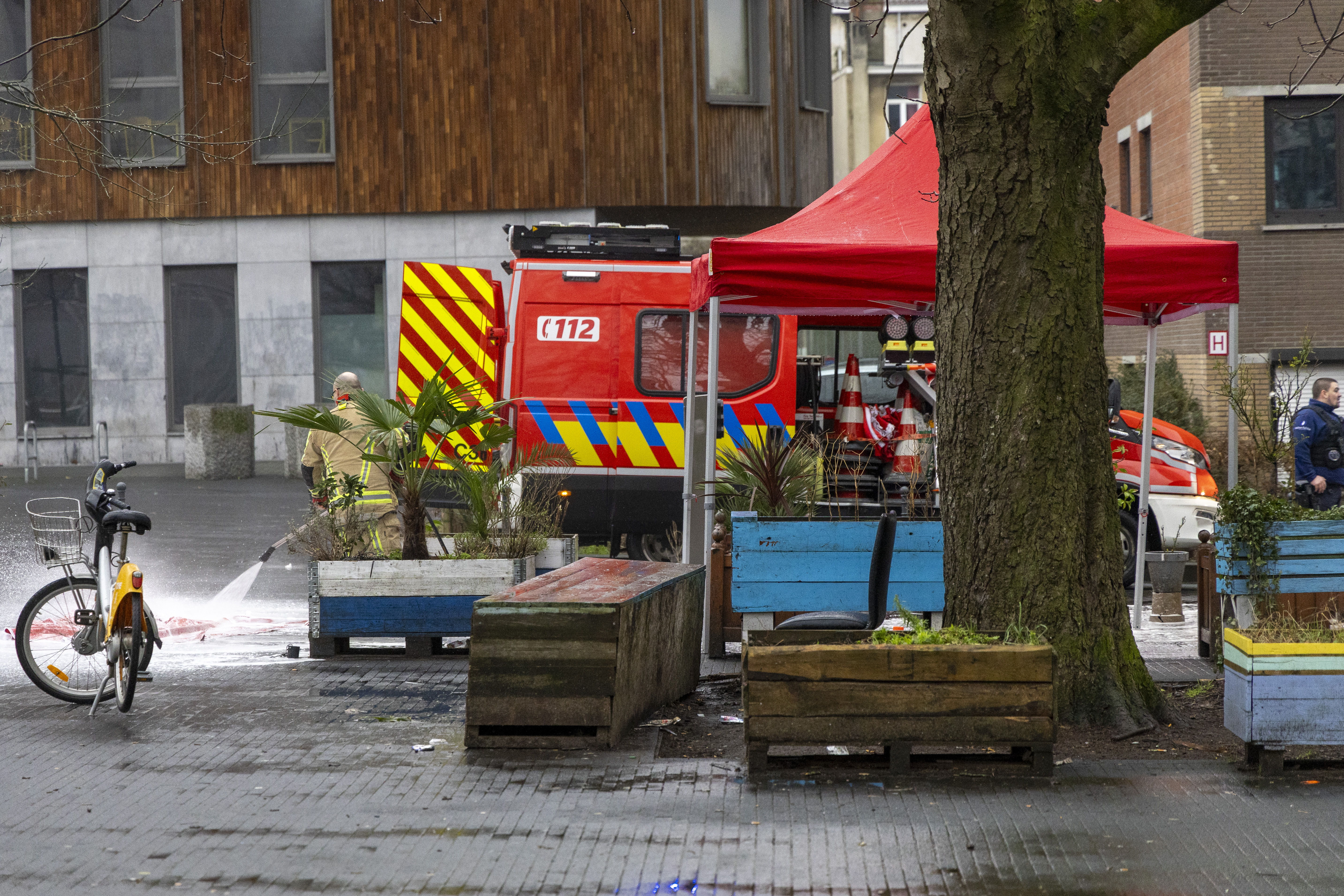Ministers take action to better arm police against drug-related violence in Brussels

With four recent shootings in Saint-Gilles, one of them fatal, and criminal gangs controlling the Peterbos district of Anderlecht, secretary of state for Asylum and Migration Nicole de Moor and Interior minister Annelies Verlinden are taking measures to house drug dealers in closed centres and to provide the Brussels police with more financial resources.
The district of Peterbos has hit the headlines again in recent days. Drug-related crime is making the area unsafe, with gang members allegedly setting up roadblocks and checking visitors, according to media reports. De Moor wants the police to give priority to repatriation when they come across undocumented migrants.
Troublemakers
"As part of the High Trouble project, the police identify the biggest troublemakers in a neighbourhood beforehand, not just during an operation," De Moor explained. "The police understand the situation in the neighbourhood and know from their local knowledge what makes the neighbourhood unsafe. The immigration service will put them in a closed centre and make every effort to remove these people."
This approach has already led to the removal of 67 people in the Brussels-Capital police zone. To ensure that countries of origin cooperate, De Moor repeats her call to her government colleagues to organise joint missions to these countries. She believes repatriation agreements can be reached more quickly by bringing more people to the table.
New financing system
To better support the work of the Brussels police, Verlinden's office is working on a draft for a new financing system with more modern parameters. Based on a study seen by De Tijd, the current funding model for the police puts Brussels' forces at a disadvantage.
Police budgets depend on the "KUL norm", drawn up in the 1990s. This determines the theoretical police capacity per zone based on variables such as the number of inhabitants, the area of the territory, the number of road accidents and the presence of prisons in the territory.

A recent study commissioned by the Regional Public Service of Brussels Municipalities shows that the KUL norm results in an annual underfunding of 10 to 12 per cent in the six police zones of Brussels, partly because the population of Brussels has grown faster than that of the rest of Belgium.
In addition, like other large cities, Brussels loses money due to the solidarity mechanism introduced to help small municipalities invest in local police. Since 2022, the Brussels police zones have lost an estimated 151 million euros due to this redistribution.
Square Jacque Franck in Saint-Gilles, Brussels, where a person was shot and killed on 14 February © BELGA PHOTO NICOLAS MAETERLINCK
Related news

